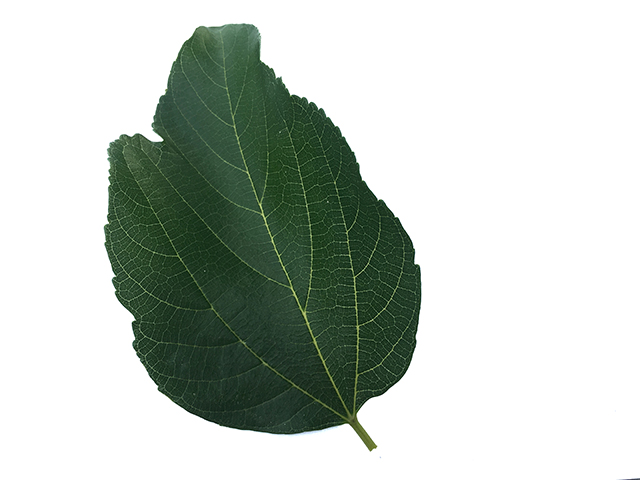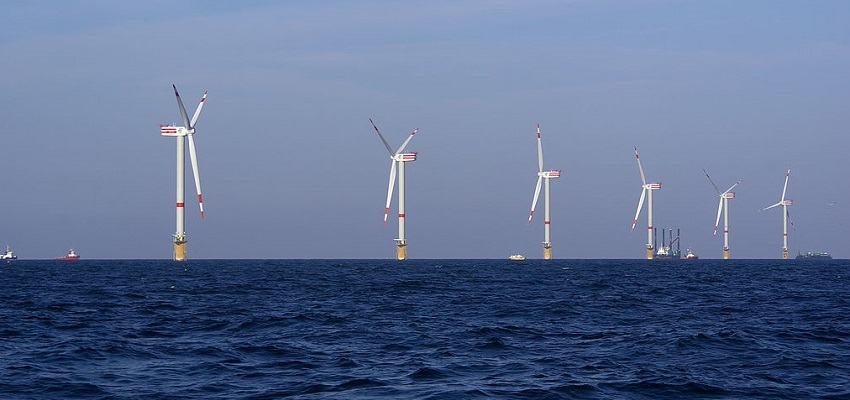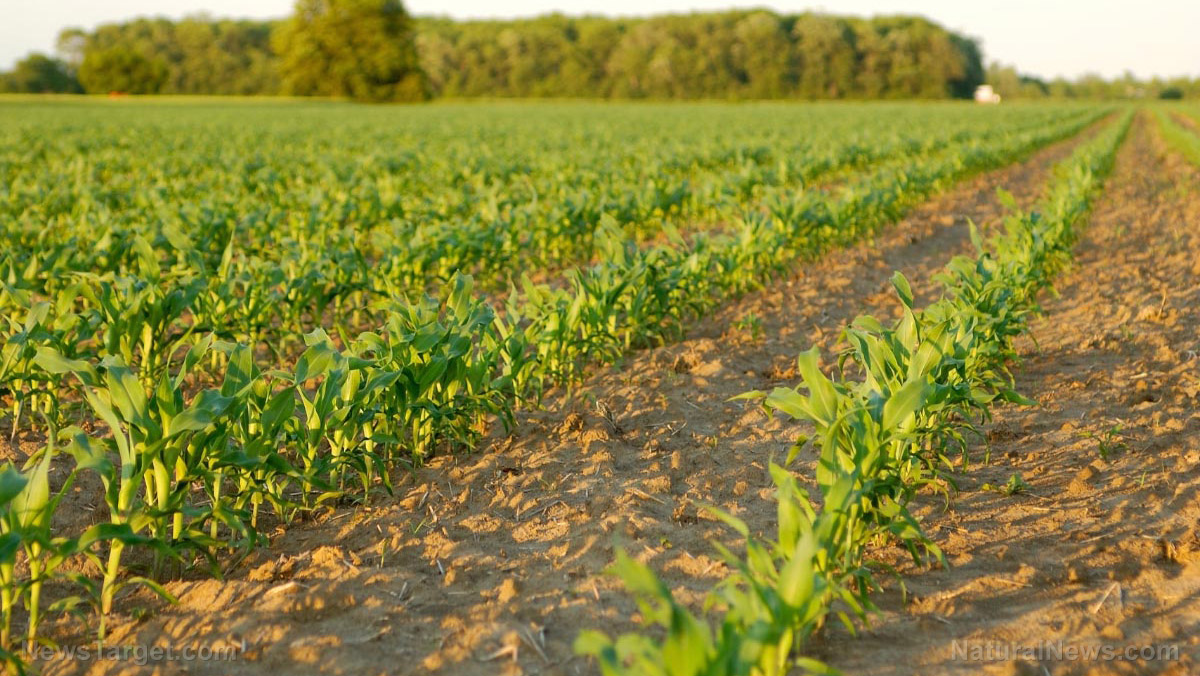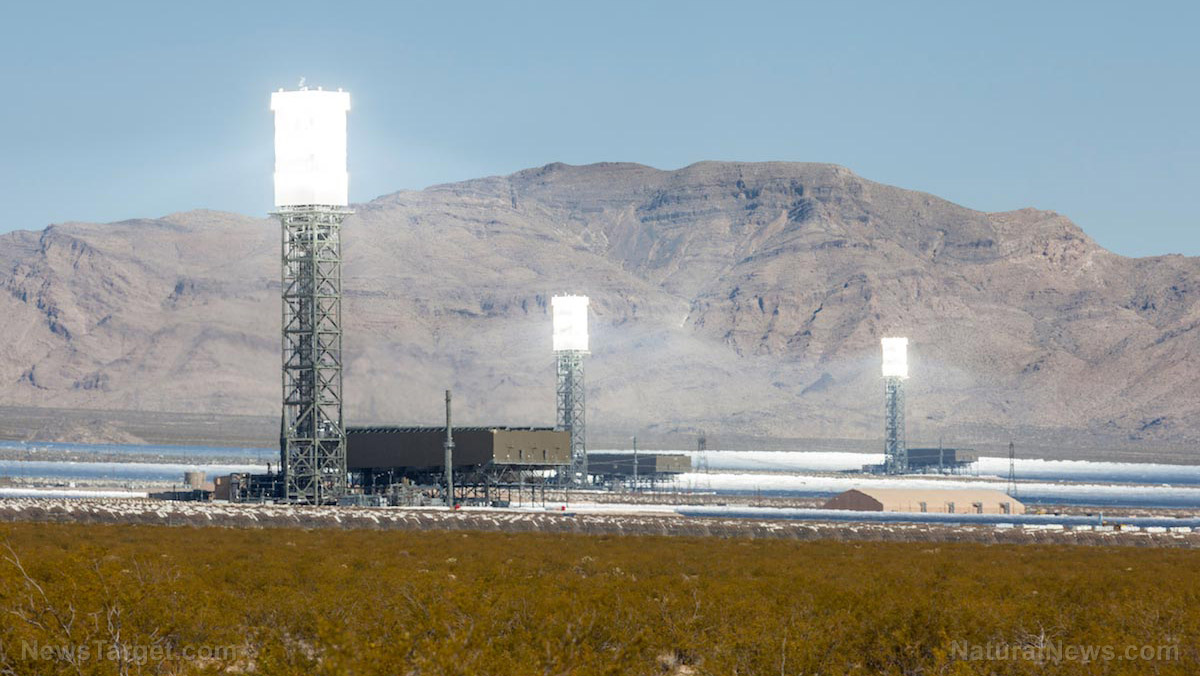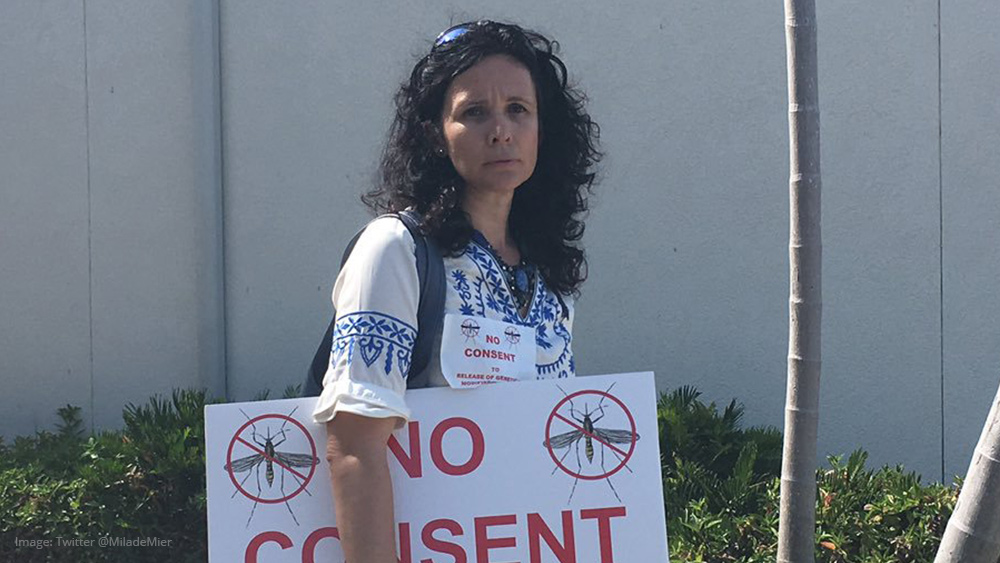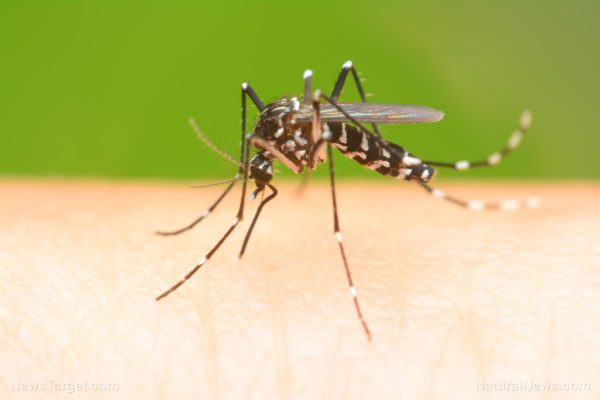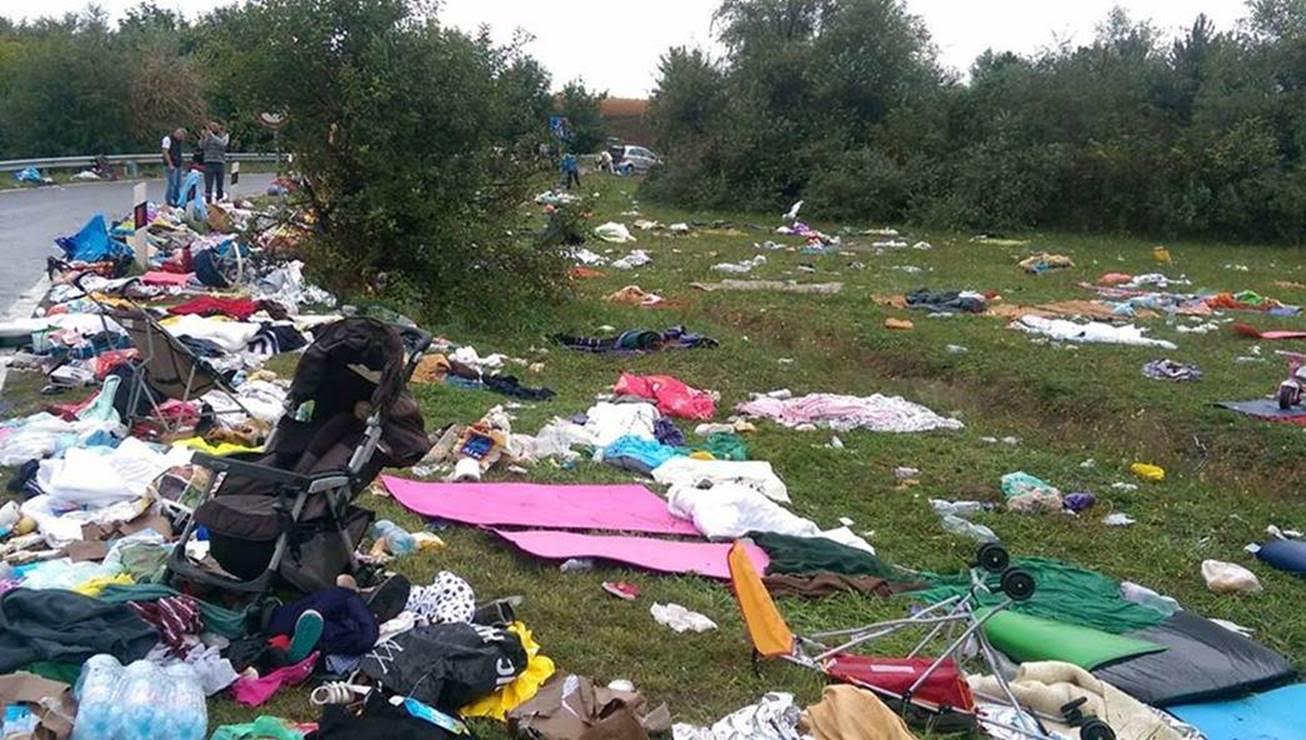Would you eat food grown in soil that had been fertilized with human feces? There’s a good chance that you already have, and you probably didn’t even know it.
Under the EPA’s controversial 503 rule, human waste has been approved for so-called land application, provided it has undergone treatment that supposedly transforms sewage sludge into what the agency calls “biosolids.” According to the document, land application of biosolids is defined as “the spreading, spraying, injection, or incorporation of sewage sludge” into the surface of the land.
Essentially, human waste is being used as a fertilizer across the country and to “supply nutrients to crops and vegetation.”
And as the EPA itself states, “Sewage sludge is commonly applied to agricultural land (including pasture and range land), forests, reclamation sites, public contact sites (e.g., parks, turf farms, highway median strips, golf courses), lawns, and home gardens.”
Under the 503 rule, human waste has been used not only on land where crops are grown, but in parks where children play. And the EPA not only allows it, but considers the entire practice to be a part of the Clean Water Act. Apparently, even the most disturbing of practices can be justified if you claim its for the greater good.
The EPA has even designated two different classes of disinfection for these “biosolids.” There’s Class A, which refers to sewage sludge that has been cleansed of all harmful pathogens (like E. coli and Salmonella), and Class B — which only requires partial decontamination. And according to the EPA, farmland in rural areas is a suitable place for Class B biosolids. Charming, isn’t it? While the agency has created a number of regulations to limit human exposure, it is still a bit unsettling. After all, how often do regulations go ignored?
EPA whistleblower reveals sordid truth about the 503 rule
While the EPA contends that their regulations serve to protect the public from the potential dangers of biosolids, they are not without criticism. Dr. David Lewis, a former senior-level research microbiologist at EPA-ORD was terminated after he published two articles that raised concerns over the agency’s 503 rule. Since that time, Lewis has continued to speak out about the dangers of sewage sludge and has even authored a book, “Science for Sale: How the US Government Uses Powerful Corporations and Leading Universities to Support Government Policies, Silence Top Scientists, Jeopardize Our Health, and Protect Corporate Profits,” which came out a few years ago.
According to Dr. Lewis, the 503 sludge rule has created a concentration of pollutants on land and in soil, at levels that are millions of times higher than what is permitted elsewhere under the Clean Water and Clean Air Acts.
In an interview with Mother Earth News, Dr. Lewis explained that the EPA only regulates 9 of the 27 heavy metals found in sewage sludge, and doesn’t regulate any toxic organic chemicals. “Many chemicals found at high (ppm) levels in biosolids are the worst of the worst, which EPA lists as priority pollutants. These are the ones we worry about most. They are highly persistent, biomagnified up the food chain, and known to cause adverse health effects in humans and animals,” explains Lewis.
Lewis says priority pollutants include things like endocrine disruptors, pesticides, pharmaceuticals, plasticizers, and other chemical groups that are known to concentrate in animal fats. As the concentration of these compounds increases, so does their toxicity. “Not surprisingly, exposures to these chemicals are linked to autism, ALS, Alzheimer’s disease, Parkinson’s disease, and other neurological diseases and disorders,” Lewis commented.
Motherboard reports that research has recently shown that these contaminants are even accumulating in animals that feed off plants that have been fertilized with sewage sludge. If you aren’t growing your own food, you might want to start considering it soon.
According to Dr. Lewis, researchers who have documented the adverse effects of sewage sludge have been “systematically blacklisted” and accused of “research misconduct,” in order to discredit their opinions. The EPA has joined forces with the wastewater industry and USDA-funded agricultural colleges in order to create their own misleading science and purport their myths about the safety of sewage sludge as a reality.
Mike Adams, the Health Ranger, will soon be releasing an independent documentary on the perils of sewage sludge and its overwhelming presence in our environment, called “Biosludged.” You can view the trailer for the upcoming documentary here.
Sources:
www3.EPA.gov [PDF]
www.EPA.gov
MotherEarthNews.com
YouTube.com
Biosludged.com


